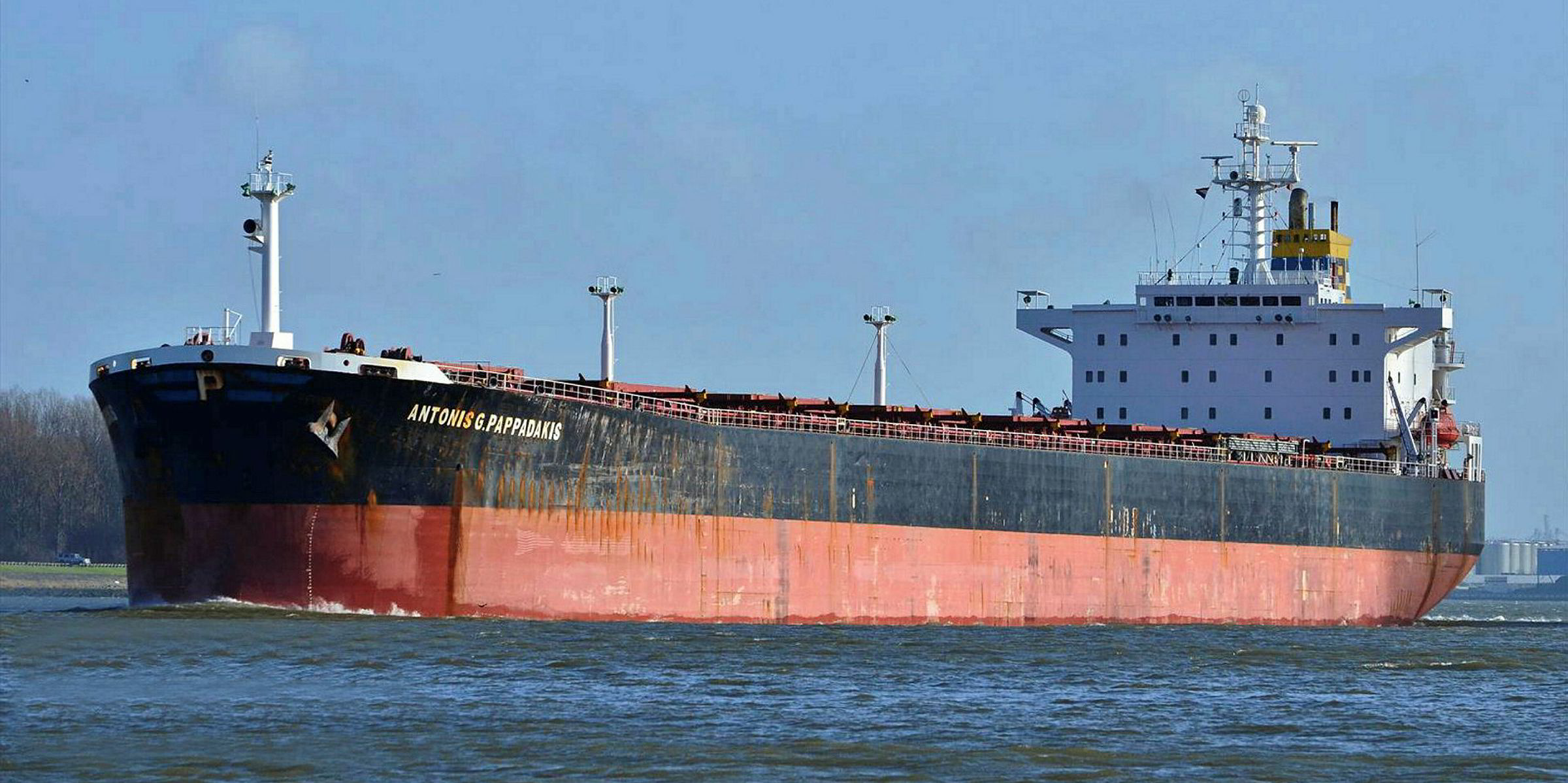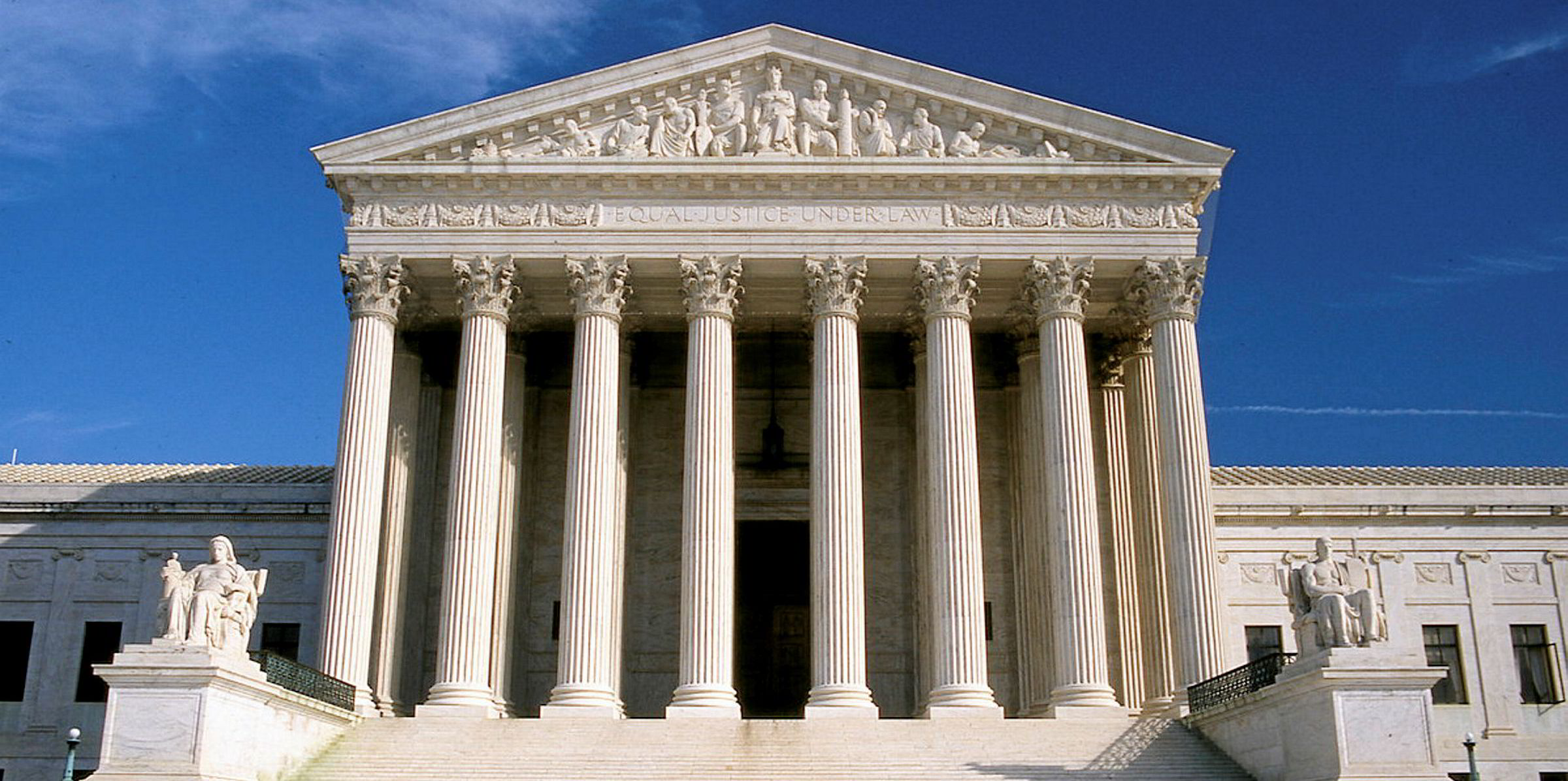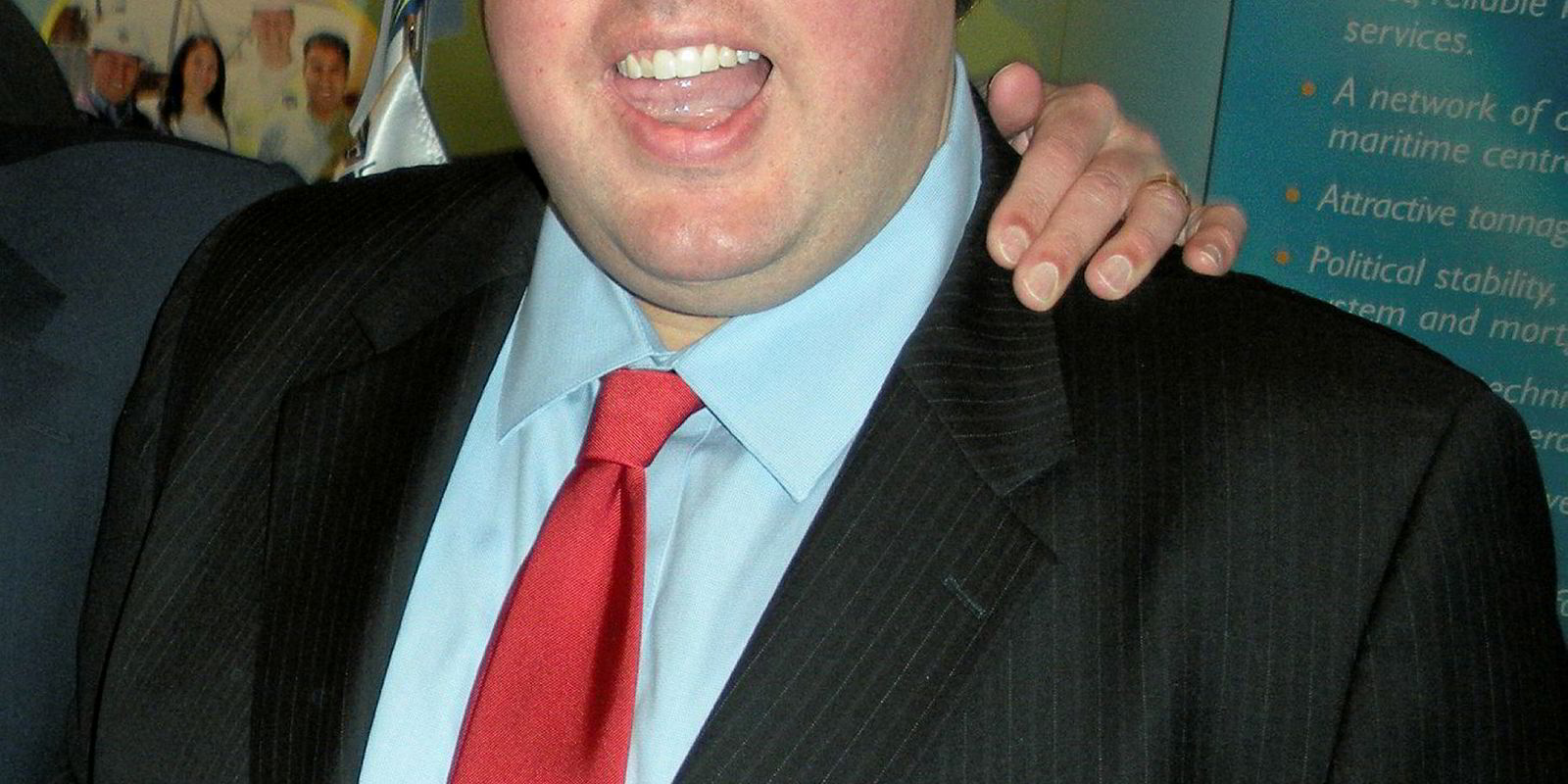A Pappadakis-family company is asking the US Supreme Court to judge whether the US Coast Guard (USCG) was acting fairly when it asked for a multimillion-dollar bond to free one of its bulkers in 2013.
Attorneys representing Angelex, a Kassian Maritime affiliate owned by the family, filed a petition with the court in late January, over a clause in the Act to Prevent Pollution from Ships they say courts disregarded in a legal battle over the 2013 detention of the 73,500-dwt Antonis G Pappadakis (built 1995).
“We're not simply arguing facts or arguing a result that the petitioner is unhappy with. It goes to the heart of how courts are going to interpret this statute," said Briton Sparkman, Kassian's attorney at Chalos & Co.
Language at issue
At issue is language in the Act, which entitles "a ship unreasonabl[y] detained or delayed" by the government to compensation.
The Antonis G Pappadakis, now called the Electronica, was kept from leaving the Port of Norfolk, Virginia, in April 2013, after crew members passed notes and a camera to USCG officials alleging the ship illegally discharged oily bilge water. The government demanded $2.5m as a bond to release the ship. The discharges were not recorded onboard, and Kassian Maritime, Angelex and the ship's captain were charged criminally.
The trio were acquitted in a trial, but not before the ship sat in port for nearly six months and Angelex lost what it claims was $4.2m. In 2015, the company sought damages, but the Eastern District of Virginia federal court and the Washington DC Circuit Court of Appeals denied them, deferring to the government.
In the petition, Angelex said it turned over a trove of financial documents illustrating its inability to pay the $2.5m bond, but several officials said in depositions that they did not review the documentation.

Further, lawyers for Angelex alleged the USCG initially agreed to a $1.5m bond, which was later rescinded without explanation. A lawsuit in the immediate aftermath of the Antonis G Pappadakis' detention sided with Angelex and decreased the bond to $1.5m, a sum overturned by a higher court which said the company must seek an after-the-fact remedy.
Annually, thousands of cases are appealed to the high court, but its nine justices only agree to hear a few.
'Got a good shot'
"I do think it's got a good shot," Sparkman said. “The fact that this is a case of first impression, it goes to the heart of statutory interpretation.”
The US Department of Justice declined to comment on the petition, but government lawyers have successfully defended the USCG's actions as reasonable.
Measuring the reasonableness of the Coast Guard’s actions by an objective standard, we find that the Coast Guard set a reasonable monetary bond
Circuit Judge David Tatel
"Measuring the reasonableness of the Coast Guard’s actions by an objective standard, we find that the Coast Guard set a reasonable monetary bond," wrote Circuit Judge David Tatel in November. "We also conclude that the non-monetary components of the bond demand contributed nothing to the owner’s losses."
But Sparkman said the circuit court and lower court decisions established a standard by which the ends justify the means.
"It completely sidestepped the facts," Sparkman said. "You are always going to have a way to have the ends justify the means."
The court is set to decide whether to hear the case by 6 March. It has the right to a 30-day extension, which Sparkman expects them to exercise.




